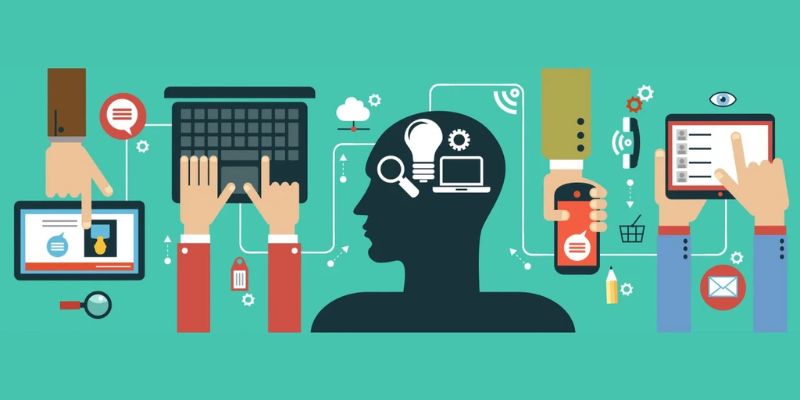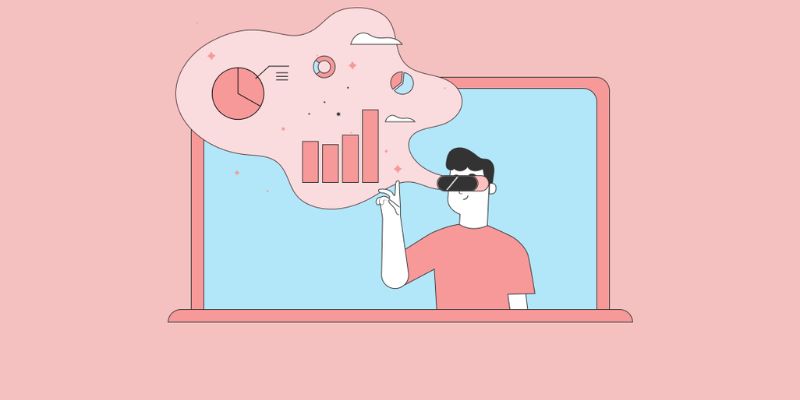Data Privacy Unveiled: Navigating User Rights in Platform Regulation
They’re watching you. Every click, every swipe—tracked. But what if you had the upper hand? Understand data privacy and user rights in platform regulation, and you can. Here, I tear down the veil of complexity that shrouds your digital moves. It’s time to snatch back control, learning how GDPR shapes your digital safety, and what online platforms must do to guard your personal treasures. It’s not about hiding; it’s about knowing. Ready to become a digital rights whiz? Let’s dive in.
Understanding GDPR Compliance and User Data Security
Setting the Stage for Compliance: Responsibilities of Online Platforms
You click “agree” to use an app, but what happens next? Well, GDPR says platforms must protect your data. GDPR is a rule that all online companies in Europe must follow. Companies have to keep user data safe, tell users how they use their data, and let users say no to certain uses. They also need to report any data breaches right away.
What does this mean for you? Simple. Your data gets more protection. This rule helps stop your personal info from getting into the wrong hands. Online platforms, like social media and shopping sites, have to follow these rules or else they could get in big trouble.
Robust Security Measures: Protecting User Data Against Breach and Misuse
Companies use many ways to keep your data safe. They use things like strong passwords and encryption. This is like putting your data in a safe. Even if someone breaks into the company’s system, they can’t read your data because it’s all scrambled up.
Another big part is being ready if a data breach happens. Companies must have a plan to find problems fast and fix them. They also have to tell everyone if data gets stolen, so people can protect themselves. It’s like if someone steals keys to a bunch of houses, the company has to tell everyone so they can change their locks.
Let’s talk about your digital rights and responsibilities, too. You have the right to know what info companies collect about you. If they want to share your stuff, they have to ask you first. And you can say no. If you’re not cool with it, they can’t share. It’s your choice.
Also, companies can’t keep your data forever. You have a right to be forgotten online. That means you can ask them to delete your info. Think of it like shredding old bank statements. Nobody can read them after they’re shredded.
Consumer data protection is a big deal. People want to know their info is safe. When you understand your rights, you can make better choices online. Knowing about privacy policies of social networks and how to manage your social media privacy settings is like knowing the rules of a game. It makes playing safer and more fun.
In the end, you have the right to feel safe online. Laws like GDPR are there to help. They make sure companies respect you and protect your data. When everyone plays by the rules, we all win. Keeping your info safe isn’t just good for business. It’s good for you, too.
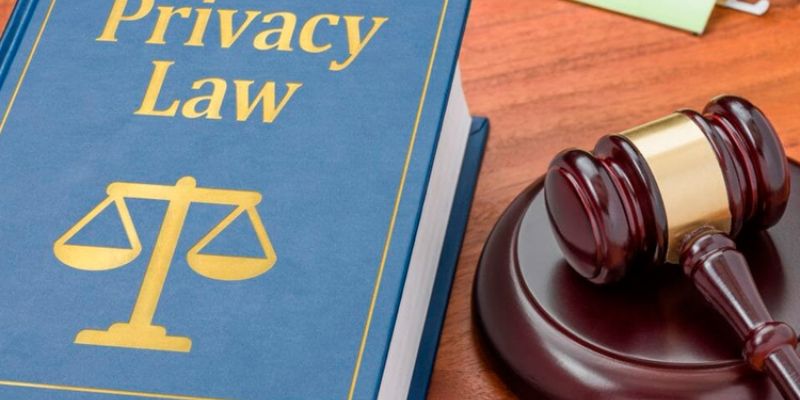
User Empowerment and the Right to Privacy
Demystifying Digital Rights: What Users Need to Know
We live in a world where our data tells stories about us. From what we like to buy to who we chat with online, tiny digital bits float around, holding pieces of our lives. Think of it like leaving footprints in the digital sand – except these prints don’t wash away with the tide.
Online privacy laws work hard to keep those prints safe. They make sure no one can peek at them without our say-so. The general data protection regulation, or GDPR for short, leads the pack. It says we have rights over our digital footprints. Tech companies must ask before they collect or use our details. And they must protect our info like it’s their own.
Let’s get real. Have you ever clicked “I agree” without reading those long, dull rules? We’ve all been there. But it’s time we take control. It’s time we own our digital rights and responsibilities. When you say yes to an app, you’re saying, “Okay, use my data.” But you’re also saying, “Do it safely, and let me pull the plug if I change my mind.”
The Mechanics of Consent: Managing Digital Footprints Effectively
You’re in charge. Remember that. When an app asks for your details, you have the power to say yes or no. It’s like giving a key to your digital home. Who gets one? That’s up to you.
Real talk: managing digital consent isn’t just checking a box; it’s knowing why it matters. Every time you like a pic or buy a snack online, you’re sharing a bit of you. So, when social media asks to use your location or see your photos, take a second. Think, “Do I want them to know this about me?” If not, tweak those social media privacy settings. Lock things down. Keep your digital home safe.
Now, if a company messes up and leaks your data, don’t panic. Platform data breach responses kick into gear fast. They should tell you what went wrong and how to fix it. If they don’t, big trouble awaits them. We’re talking fines, bad press, and a whole lot of sorry.
But the story doesn’t end with just keeping data safe. It’s about knowing who shares your info too. You’d want to know if your neighbor gave your home key to someone else, right? Same with your data. If a platform gives your details to another company, they must get your nod first. If not, they’re breaking the rules.
Data privacy isn’t just about stopping the bad guys. It’s about making sure you’re the one calling the shots. Think of the internet as a big city. You can walk around and explore, but you keep your home locked up tight. That’s data privacy in a nutshell. We lock up our digital lives and only share the key with those we trust.
Every click, like, or share has power. Use it well. Be the boss of your data. And never forget, your digital footprints are yours, now and always.
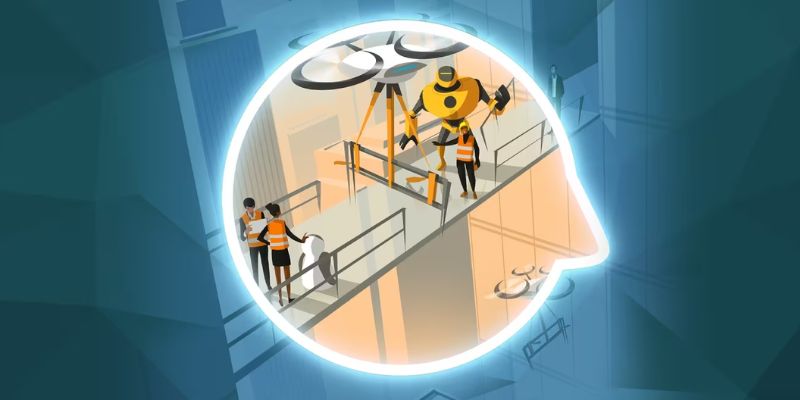
Confronting Data Collection and Sharing Practices
Transparency in Data Collection: A User-Centric Approach
Think about when you sign up for a new app or website. Ever wonder what happens to the details you share? Platforms must follow rules to protect your data. This is part of what we call consumer data protection. It means that your personal info gets treated with care. GDPR compliance in online platforms makes this happen. It makes sure you know what data they take and why.
You have rights here. They have to tell you if they collect your data. They also must let you see the data they have on you. That’s where platform transparency reports come in. These reports show what information a platform collects. They help you understand how your data is used.
The Intricacies of Third-Party Data Sharing and User Control
Now, let’s talk about others who might get your data. We call them third parties. Picture your info like a toy you lend out. You want to know who has it, right? And you’d want a say in it, too. That’s why tech companies must follow user data collection regulations. These rules limit who can get your data. They also make sure you agree to sharing it.
Managing who sees your posts and private info is part of social media privacy settings. Say you post a picture. With the right settings, only your friends can see it. This keeps strangers from seeing your personal things. It’s one way you control your digital rights and responsibilities.
When companies share data with third parties, they must be very careful. Imagine your friend telling someone else your secret. Feels bad, doesn’t it? The same goes for your online info. Rules like GDPR tell companies how to share safely. They help stop others from misusing your personal details.
User control doesn’t stop there. There’s more you can do to keep your data safe. Simple steps like checking your privacy settings matter. It’s also good to know how to use digital consent management. This means saying yes or no to how they use your data. Always think before you click ‘agree’. You have the power to take charge of your info online.
So, here we are. We live in a place where data is gold. Everyone wants it. But remember, laws are here to keep your treasure safe. Knowing these laws is key. It helps you play your part in this big, digital world. It’s up to you, and it’s up to the platforms, to keep your data safe together. Remember, your info is yours, and you have the power over it.
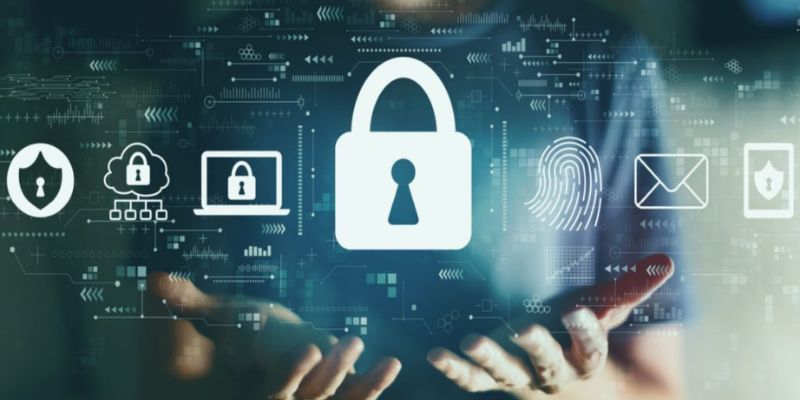
Rule of Law in the Digital Realm
The Critical Role of Data Protection Officers and Privacy Policies
Data Protection Officers (DPOs) are like guardians. They look after our data. Their job is to check that the cool apps and sites we use follow privacy laws, especially the big one called GDPR. This law helps keep our private stuff private. DPOs are there to help us. They make sure companies treat our data right.
These guardians also help make privacy policies. You know, those long texts we don’t always read. But they’re pretty important. They tell us how our photos, chats, and other info are used. By breaking down these big words, DPOs help us understand how to keep our data safe.
Advancing Consumer Rights: From Policy to Practice in Platform Regulation
Our rights online are pretty major. We get to say yes or no to how our data are used. This ties into something called consumer data protection. It’s all about keeping our information safe. We have the power to control our digital footprints, thanks to online privacy laws.
Tech companies need to listen to us. This way, they respect our digital rights and responsibilities. For example, if we want to lock down our social media privacy settings, they should make it easy for us. And if there’s a slip-up and our data leaks, they need to have platform data breach responses ready to go.
Also, when a company shares our details with others, they should tell us. Yup, even when it’s with other companies or ads. That’s part of being transparent. Platform transparency reports show us what’s going on. And we have end-user data rights that let us ask, ‘Hey, what’s happening with our data?’
Staying safe online also means using apps that have privacy by design. That’s like having a safety lock built into the app from the start. So even before we start chatting or sharing, our data are protected. This goes hand in hand with cybersecurity in online platforms.
To sum it up, our privacy is a big deal, and there are folks out there, like DPOs, making it their mission to keep our data safe. And when we understand our rights, we can make better choices about how we click and scroll every day.
In this blog post, we’ve tackled GDPR compliance and the security of your data. We started by looking into the duties online platforms have, and the strong steps needed to keep your data safe. Next, we discussed your power when it comes to privacy and what rights you have. Knowing how your data footprint works is key.
We also examined how companies collect and share your information. Companies must be clear about what they do with your data. It’s important you know how third-party sharing affects you and how you can stay in control.
Lastly, we highlighted the vital work of Data Protection Officers. The rules are there for a reason, to protect you. These policies mean that platforms must treat your rights seriously.
Remember, staying informed is your best defense in the digital world. Always keep an eye on where and how your data is used. Stay smart about your rights. Your privacy matters, and it’s in your hands.
Q&A :
What are the key principles of data privacy in platform regulation?
Data privacy in platform regulation revolves around several key principles designed to safeguard users’ personal information. These principles include ensuring user consent before data collection, maintaining data accuracy, implementing security measures to protect data, providing transparency concerning data usage, and granting users the right to access and control their personal data. Regulations like GDPR in the EU and CCPA in California set a standard for data privacy obligations for platforms.
How do user rights play into platform regulation policies?
User rights are central to platform regulation policies, emphasizing the empowerment of individuals over their personal data. These rights allow users to make informed choices about their data, including the right to be informed about data collection, the right to access their data, the right to rectification, the right to erasure or ‘to be forgotten,’ the right to restrict processing, the right to data portability, and the right to object. Platform regulations strive to align with these rights to create a more user-centric digital environment.
What measures are platforms required to take to ensure data privacy?
Platforms are required to take proactive measures to ensure data privacy, which include establishing robust data protection policies, regularly updating security protocols, and conducting impact assessments for data processing activities. They must also ensure that personal data is collected legally and under strict conditions, with penalties for non-compliance. Encryption, anonymization techniques, and prompt breach notifications are among the safeguards that may be mandated depending on the jurisdiction.
How does data privacy regulation affect international data transfers?
Data privacy regulation significantly impacts international data transfers, as such exchanges must comply with the legal frameworks governing both the originating and receiving countries. For instance, GDPR restricts data transfers to outside the EU unless adequate protections are in place. These may include mechanisms like Standard Contractual Clauses (SCCs), Binding Corporate Rules (BCRs), or specific agreements that meet the stringent privacy standards required by the data exporting country.
Can users seek legal recourse if their data privacy rights are violated?
Yes, users can often seek legal recourse if their data privacy rights are violated under platform regulation. Many data protection laws provide mechanisms for individuals to file complaints with supervisory authorities or take legal action against entities that breach regulations. The level of recourse and compensation available may vary based on the nature and severity of the data privacy violation and the applicable jurisdiction’s regulations.


